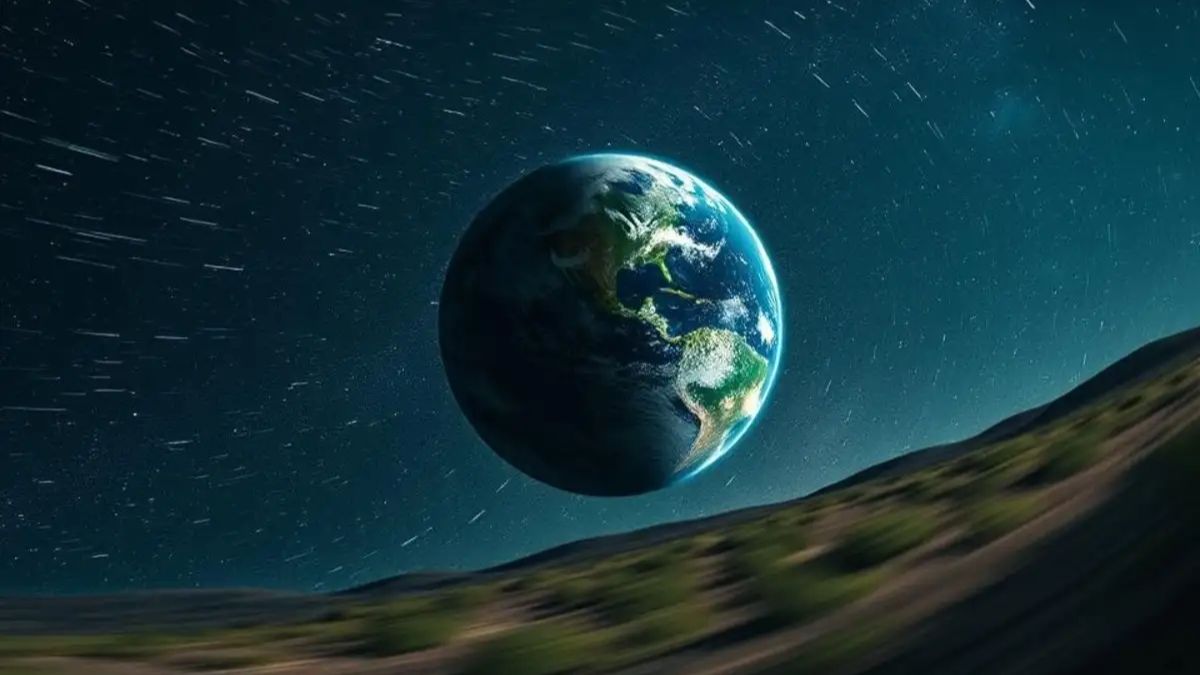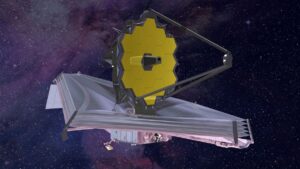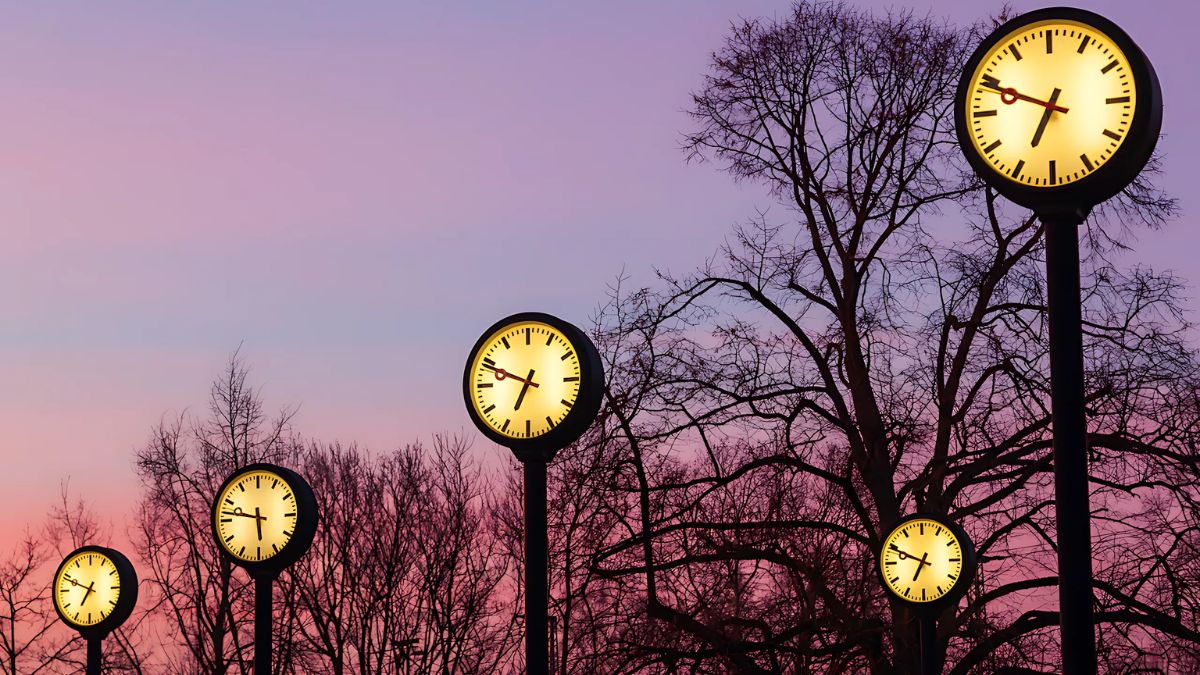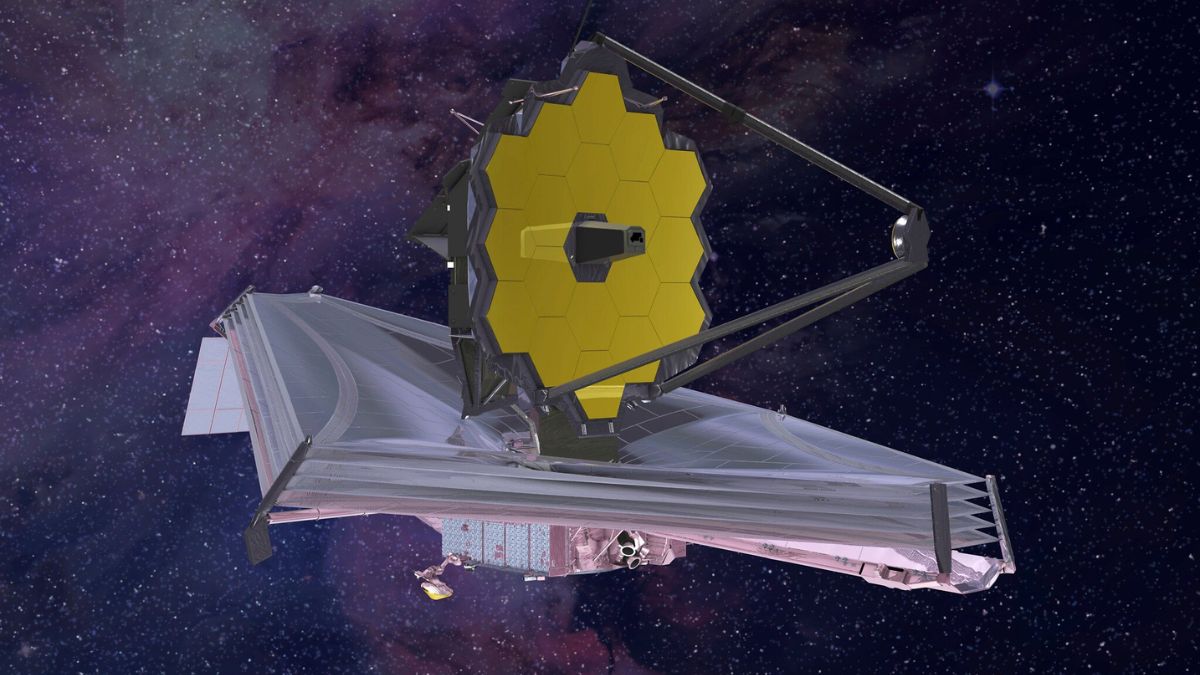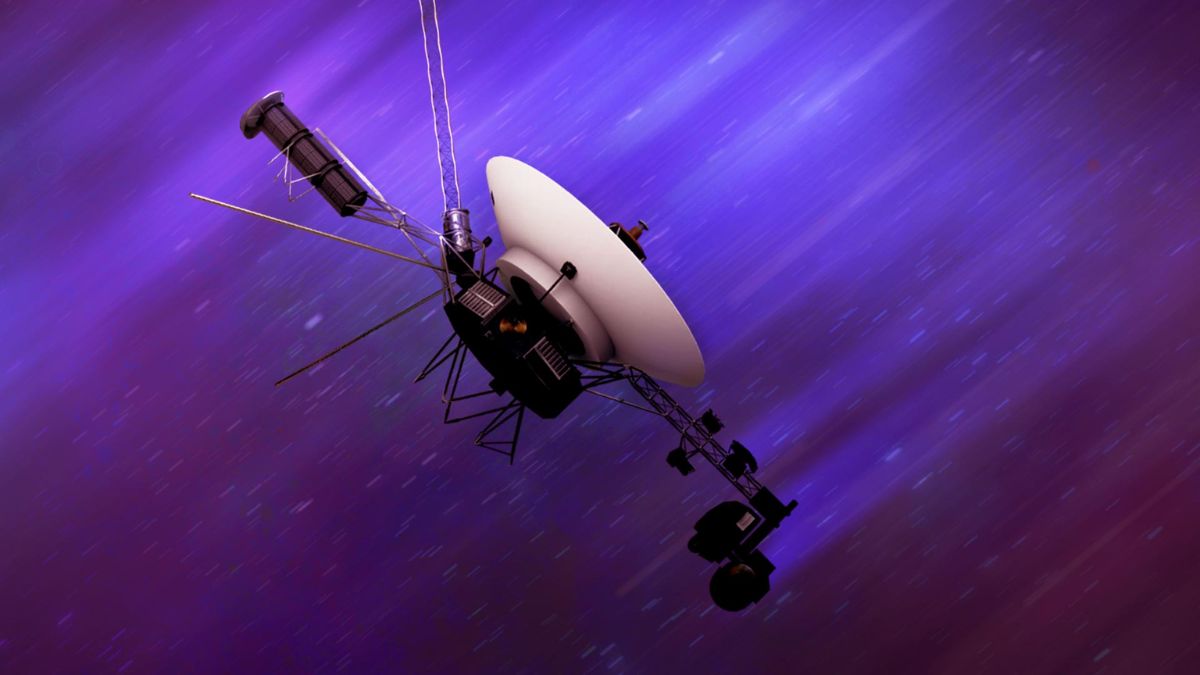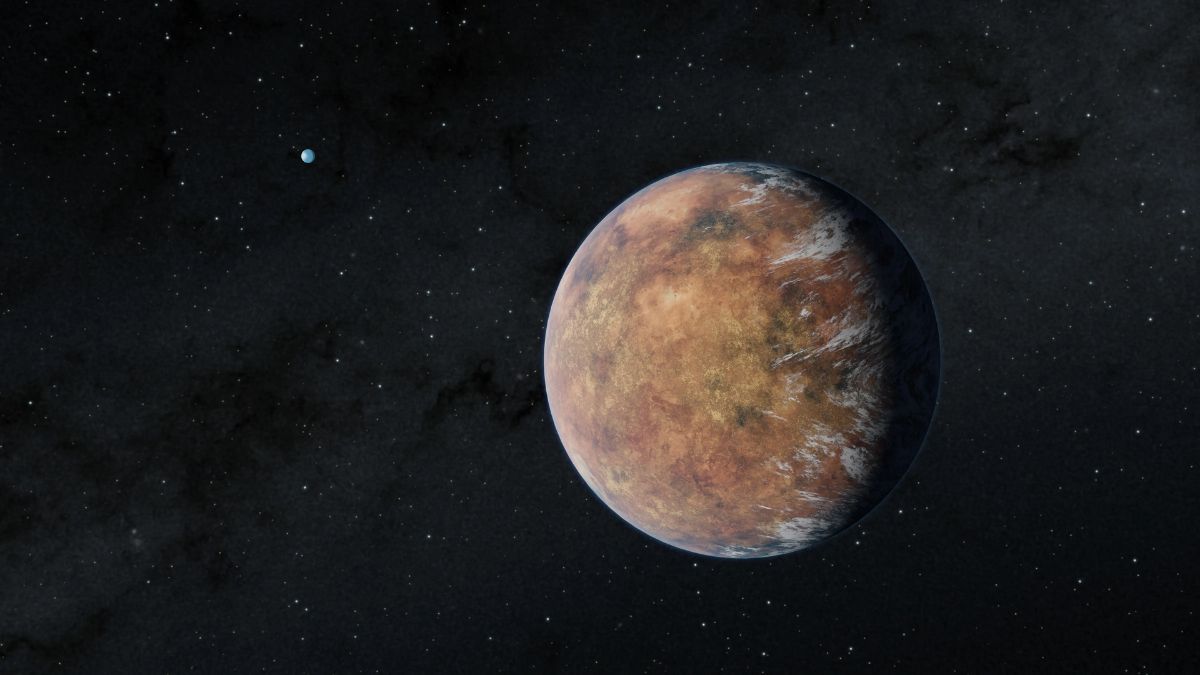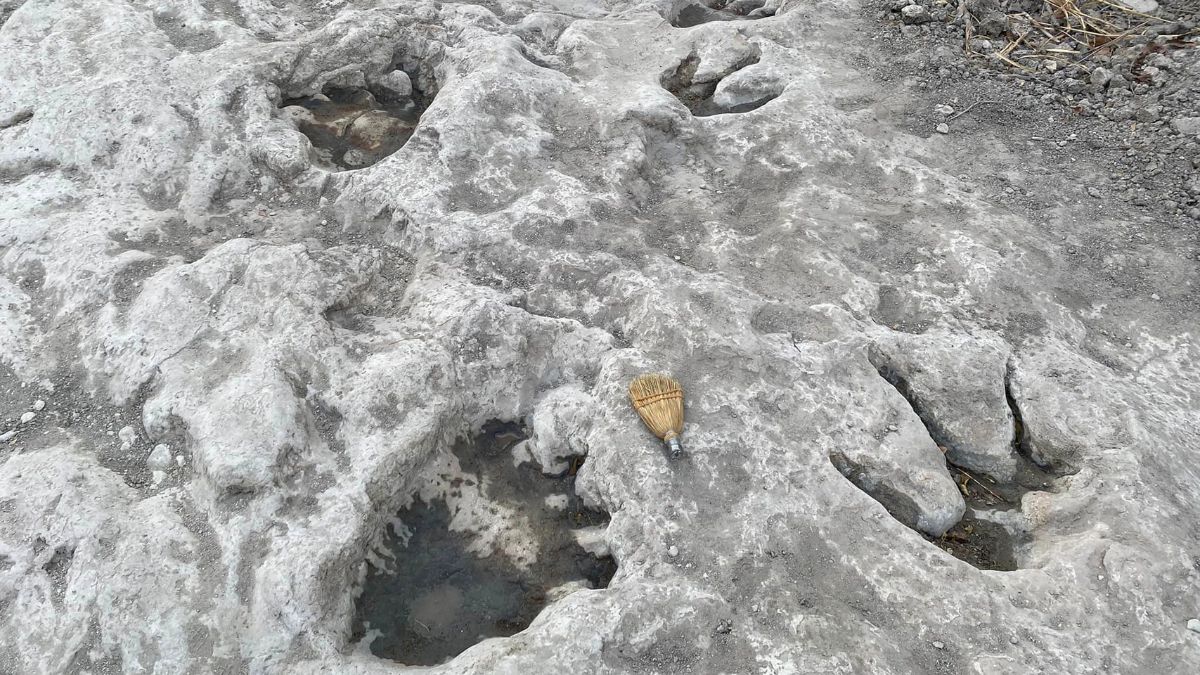Our planet is speeding up—yes, like an F1 driver hitting the gas at the last corner. And no, you won’t be getting out of work early anytime soon. But scientists are scratching their heads because Earth has been spinning faster than usual since 2020—and it’s only getting quicker.
We’re not talking about hours or even minutes. The days are getting shorter by just milliseconds. But in a world that runs on atomic clocks, even a blink of change can have big implications.
Let’s unpack what’s really going on with our super-speedy planet.
Faster
Since mid-2020, Earth’s rotation has been getting faster, something that goes completely unnoticed in our daily lives—but not to astronomers or timekeepers. The person studying this most closely is astrophysicist Graham Jones, and he has predicted that the next shortest day on record could happen on one of three dates: July 9, July 22, or August 5, 2025.
These days might be shorter by just 1.66 milliseconds—barely longer than a blink—but that’s still enough to make headlines in the world of science.
Normal
A solar day should last exactly 86,400 seconds—that’s the standard 24 hours we’re all familiar with. But the Earth’s rotation is never perfectly constant. It’s affected by all sorts of things: the Moon, the atmosphere, the core, and even earthquakes.
In fact, until just a few years ago, Earth was slowing down. Tidal friction caused by the Moon’s gravitational pull had been gradually stretching out our days over billions of years. But then came 2020—and suddenly Earth hit the gas.
Records
This isn’t a one-off fluke. It’s been a trend:
| Year | Shortest Day Duration Change |
|---|---|
| 2021 | -1.47 milliseconds |
| 2022 | -1.59 milliseconds |
| 2023 | -1.31 milliseconds |
| 2024 | -1.66 milliseconds (record) |
All of this is measured using atomic clocks, which are so accurate they can track time down to the millionth of a second. Without them, we probably wouldn’t even notice this planetary rush.
Why?
That’s the big question: why is Earth spinning faster?
One clue may lie in the Moon’s orbit. The predicted dates for Earth’s fastest spins in 2025 coincide with when the Moon is at its farthest point from the equator. That positioning affects the gravitational pull between Earth and the Moon, which might speed up our rotation—though scientists still aren’t 100% sure.
In fact, billions of years ago, Earth spun way faster. A day lasted just 3 to 6 hours when the planet was young. The Moon has been slowing us down ever since, so this reversal is quite puzzling.
Serious?
Okay, so what if a day is 1.66 milliseconds shorter? It doesn’t seem like much, right?
Well, in your daily life—not a big deal. You’re not going to notice. But for GPS systems, stock market timestamps, space missions, and satellite networks, milliseconds matter. A tiny change in time can mean a huge difference in precision when you’re dealing with global systems synced to atomic clocks.
Future
So what happens next?
If Earth’s spin continues to change, scientists will have to keep adapting our timekeeping systems. There’s even talk of removing a second from the official clock—something that’s never been done before.
And in the very distant future—like 50 billion years from now—Earth and the Moon will become tidally locked. That means Earth will rotate once for every time the Moon orbits, and we’ll only see one side of the Moon forever. Tides? Gone. Surfing? History. But don’t worry—you, me, and everyone we know will be long gone by then.
Perspective
So yes, Earth is spinning a bit faster. No, the world isn’t ending. But it’s a fascinating mystery that scientists are still trying to solve. It’s a reminder that even the most basic things—like how long a day lasts—are constantly changing.
Next time you check the clock, remember: time may not be as solid as it seems. And who knows? Maybe Earth just had a double espresso in 2020 and never slowed down.
FAQs
How much shorter is the day?
About 1.66 milliseconds shorter than 24 hours.
Why is Earth spinning faster?
Possibly due to the Moon’s orbital position or internal changes.
Will it affect daily life?
Not directly, but it matters for satellites and tech systems.
Who studies this phenomenon?
Astrophysicist Graham Jones and other timekeeping experts.
Could this trend continue?
Yes, but the long-term cause is still unclear to scientists.

